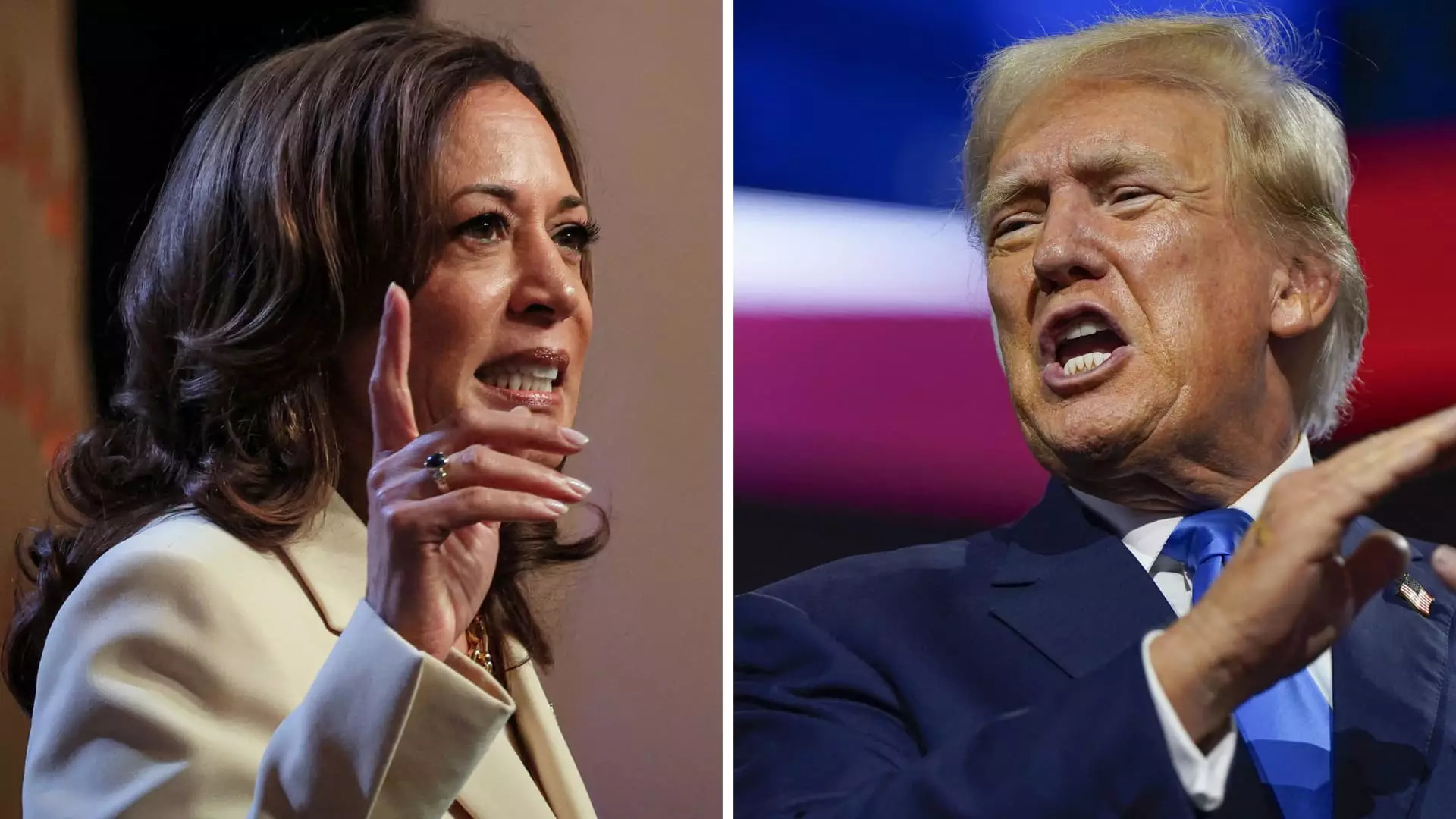Former President Donald Trump and Vice President Kamala Harris have both expressed their desire to eliminate taxes on tips during recent rallies, creating a stir among policy experts. This proposal specifically targets service and hospitality workers, aiming to alleviate financial burdens and increase take-home pay for a significant portion of the workforce. However, the idea has sparked debates surrounding its potential implications on equity, efficiency, and government revenue.
The concept of not taxing tips has garnered both support and criticism within Congress and among experts. While the proposal may benefit lower-income individuals in the service industry, concerns have been raised about the potential for abuse and administrative challenges. Some worry that workers could manipulate their income to exploit the tax exemption, leading to a loss in government revenue and fairness issues among workers who do not receive tips.
Policy experts like Steve Rosenthal emphasize the importance of considering various factors, such as equity and efficiency, when evaluating tax policies. Rosenthal argues that the idea to end taxes on tips fails to meet essential criteria for effective tax reform. He highlights concerns about the fairness of providing tax benefits to workers who receive tips while excluding those who rely solely on wages.
The financial impact of implementing a no-tax policy on tips is another point of contention. Harris and Trump’s proposals, which also include raising the minimum wage, could potentially lead to a significant increase in the federal deficit. Estimates suggest that these combined measures could add $100 billion to $200 billion to the deficit over the next decade, depending on the specifics of the minimum wage increase and the scope of the tax exemption.
Aside from the fiscal implications, experts warn that the proposal could face logistical hurdles and enforcement issues if enacted. Concerns about preventing abuse and ensuring compliance with the requirements to qualify for the tax exemption have been raised. It remains unclear whether the exemption would only apply to federal income taxes or also include payroll taxes, further complicating the potential impact on government revenue.
The debate over ending taxes on tips highlights the complexities of tax policy and its broader economic implications. While the proposal may resonate with workers in the hospitality sector, it raises significant questions about fairness, efficiency, and financial sustainability. As policymakers consider the viability of such measures, it is essential to weigh the potential benefits against the practical challenges and risks associated with implementing a tax-free system for tipped workers.

Leave a Reply